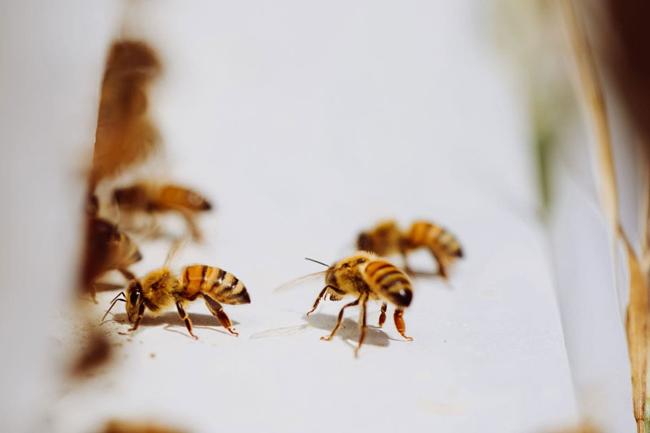Summary
The rapidly expanding organic and natural products industry in South Africa presents significant growth opportunities for local entrepreneurs and businesses.
Source: BusinessTech

AI News Q&A (Free Content)
Q1: What are the key factors driving the growth of South Africa's organic products market?
A1: The growth of South Africa's organic products market is driven by increasing consumer awareness about health and environmental issues, government support through regulations and certifications, and a global shift towards sustainable agricultural practices. The organic farming sector in South Africa is expanding due to these factors, aiming to reduce synthetic chemical use and promote ecological balance.
Q2: How do organic certifications in South Africa align with international standards?
A2: Organic certifications in South Africa are designed to align with international standards by focusing on avoiding synthetic chemical inputs, maintaining detailed production records, and ensuring strict separation of organic and non-organic products. These certifications are regulated by both national authorities and international bodies, ensuring that South African organic products meet global quality and safety standards.
Q3: What are some innovative developments in organic cosmetics that could benefit the South African market?
A3: Recent innovations in organic cosmetics include the use of naturally occurring substances like anthocyanin and chitosan, which act as pH-reactive materials for a variety of applications. These materials offer new possibilities for creating environmentally friendly and sustainable cosmetic products, which can be appealing to the growing eco-conscious consumer base in South Africa.
Q4: What are the health implications of using synthetic ingredients in cosmetics, according to recent research?
A4: Studies have shown that synthetic ingredients in cosmetics can lead to skin irritation, allergies, and other adverse health effects. Research emphasizes the importance of using natural and organic ingredients to minimize these health risks and promote safer cosmetic options for consumers.
Q5: How does South Africa's organic farming contribute to sustainability and environmental conservation?
A5: South Africa's organic farming contributes to sustainability by promoting biodiversity, enhancing soil fertility, and reducing reliance on synthetic fertilizers and pesticides. These practices help mitigate climate change impacts and support long-term environmental conservation efforts.
Q6: What are the economic benefits for local entrepreneurs in South Africa's organic products sector?
A6: Local entrepreneurs in South Africa's organic products sector benefit economically from increased demand for organic products, both domestically and internationally. This growth creates new business opportunities, enhances export potential, and supports job creation in the agricultural and retail sectors.
Q7: What role do medicinal plants play in the organic cosmetics industry, particularly in South Africa?
A7: Medicinal plants are increasingly used in the organic cosmetics industry due to their therapeutic properties and consumer preference for natural products. In South Africa, such plants contribute to a diverse range of sustainable and culturally significant cosmetic products, aligning with global trends toward natural beauty solutions.
References:
- Page: Organic certification
- Summary: Organic certification is a certification process for producers of organic food and other organic agricultural products. In general, any business directly involved in food production can be certified, including seed suppliers, farmers, food processors, retailers and restaurants.
- Page: Organic farming
- Summary: Organic farming, also known as organic agriculture or ecological farming or biological farming, is an agricultural system that emphasizes the use of naturally occurring, non-synthetic inputs, such as compost manure, green manure, and bone meal and places emphasis on techniques such as crop rotation, companion planting, and mixed cropping.
- Published: 2017-02-25
- Title: Organic Primitives: Synthesis and Design of pH-Reactive Materials using Molecular I/O for Sensing, Actuation, and Interaction
- Authors: Viirj Kan, Emma Vargo, Noa Machover, Hiroshi Ishii, Serena Pan, Weixuan Chen, Yasuaki Kakehi
- Published: 2025-04-18
- Title: Highly stable whey protein-based nanocapsule prepared by in-situ crosslinking in Pickering emulsion.
- Published: 2025-04-13
- Title: Medicinal plants and their derivatives for skin and hair: a Mediterranean perspective of women care.



